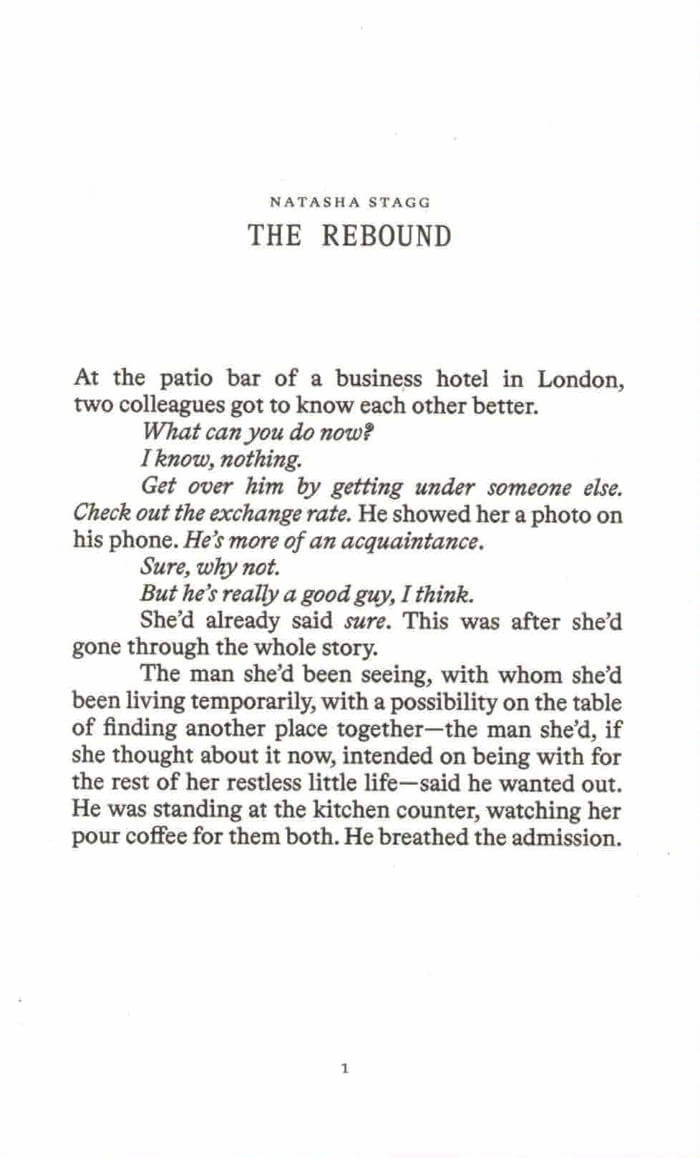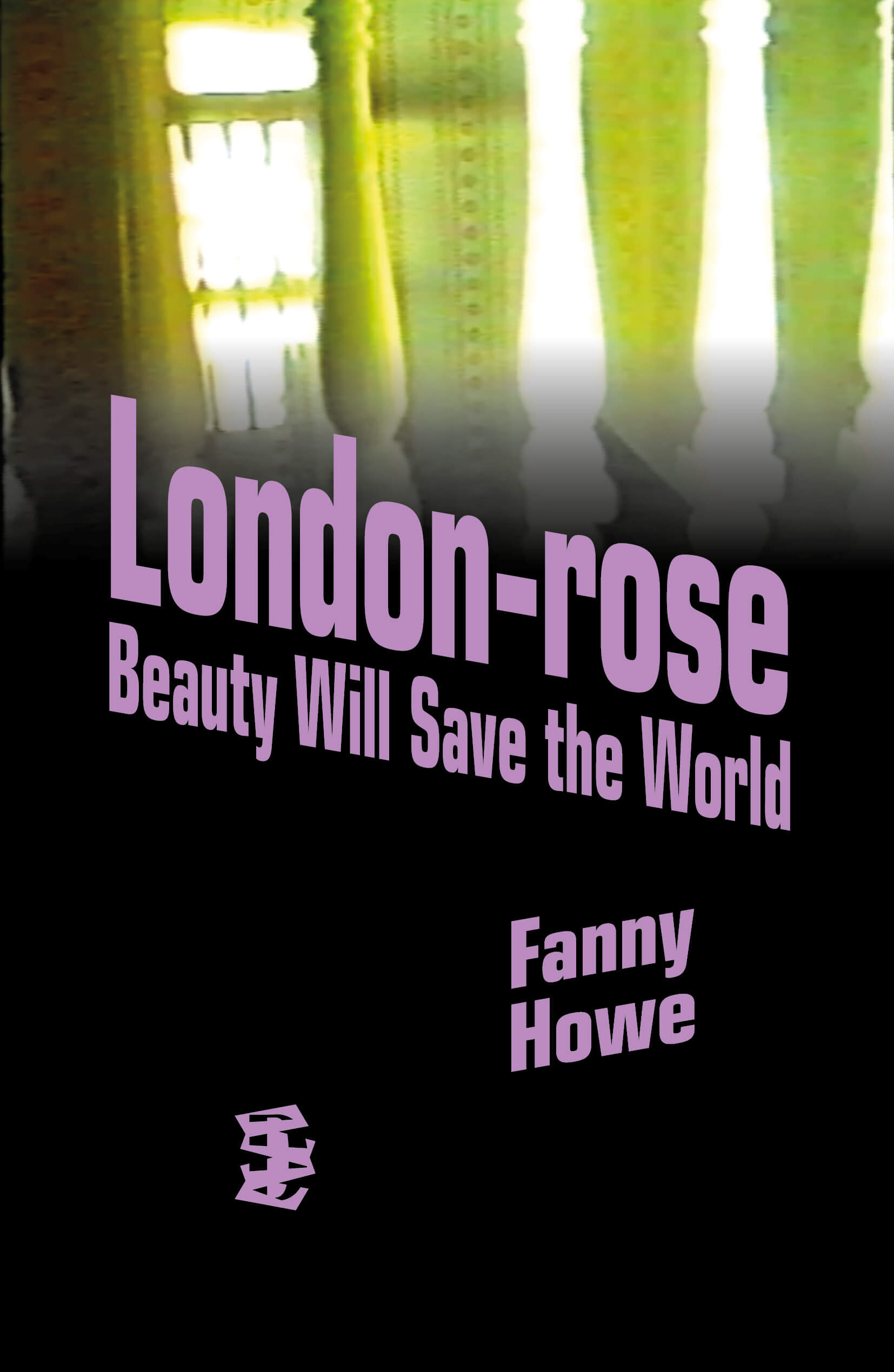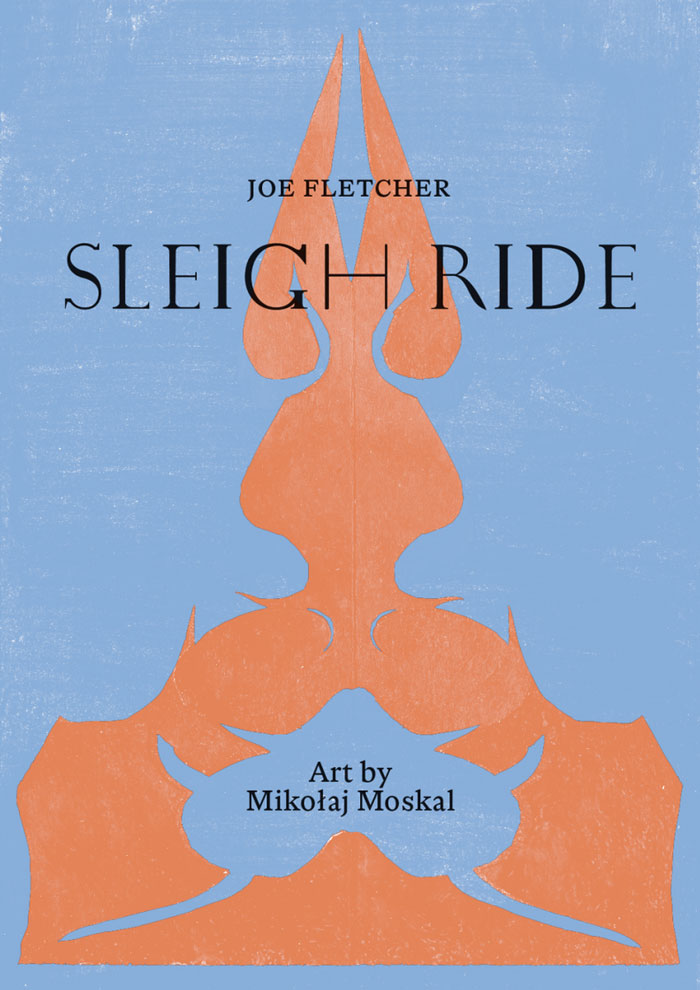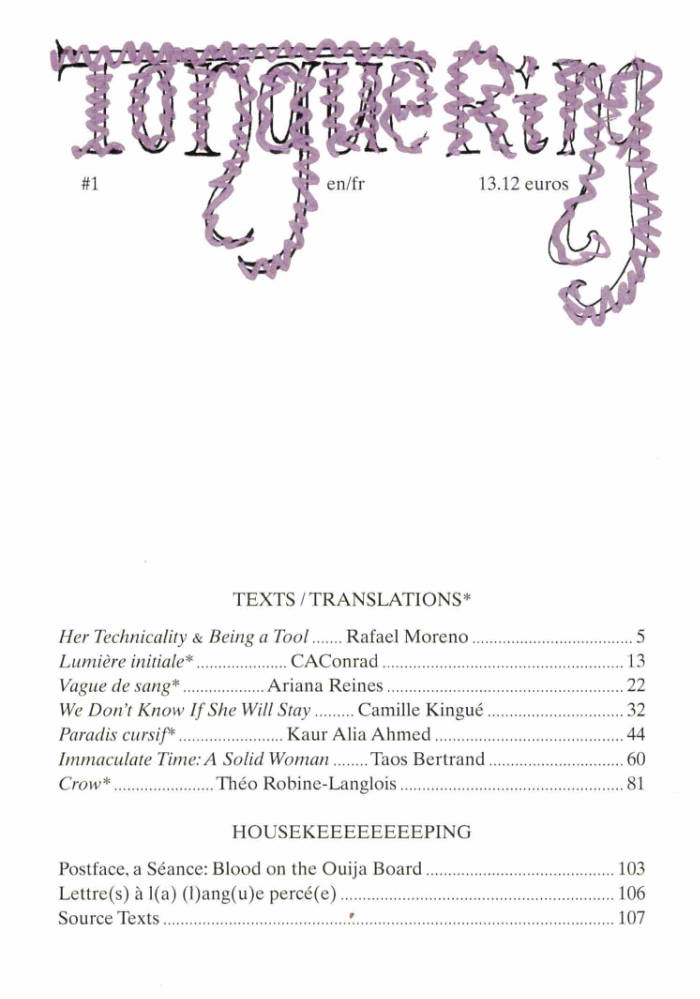
The Rebound
In The Rebound, a short story by author Natasha Stagg (Surveys, Artless), a young woman takes a work trip in the wake of a humiliating break-up, and agrees to be set up on a blind date...
The erotic works of Anaïs Nin started out as a freelance job. To support their bohemian lifestyles, Nin and her writer friends earned a dollar a page writing pornography for an anonymous client. The writers hated The Collector, as they called him, for his repeated instructions to “Concentrate on sex. Leave out the poetry”.
The Collector, a new series of short stories published by jouissance, seeks to pay homage to writers, like Nin, who explored the erotic, the taboo and the connection between jouissance and the creative process. It also honours their chosen, but much maligned, genre. By commissioning some of our favourite female writers to compose erotic short stories, we begin what we hope will be an ever-growing collection of compelling and provocative fiction that will inspire conversation, debate and further creative expression.
Munken Pure 80gsm paper publication with red Singer Sewn binding. Featuring an illustration by Emma Rose Schwartz.
Language: English






